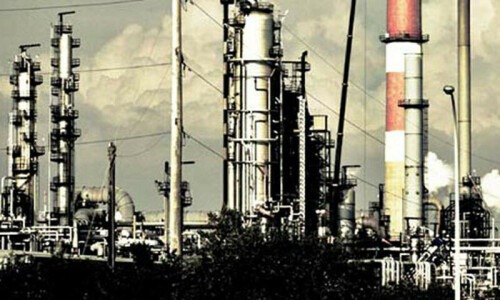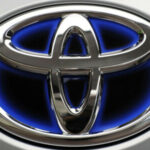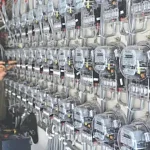ISLAMABAD: On Thursday, the Sui Southern Gas Company Ltd. (SSGCL) accused the “front men” of the Liquefied Petroleum Gas (LPG) market operators of bringing complaints against state-owned entities to block their retail business on the grounds that they were causing shortages and black marketing the product for their own benefit.
“A statement released by SSGCL stated that the majority of the complainants are self-described stakeholders who do not possess any ownership in the LPG market, but they have consistently been involved in making false allegations against SSGCL and its subsidiary SSGC LPG Ltd (SLL).”
The statement went on, “It is quite evident that these false accusations are being coordinated by front-men of those individuals whose goal is to profit from the situation to create shortages and a black market of LPG for their personal gains.”
Following reports that its senior executives had answered inquiries from a Federal Investigation Agency (FIA) investigation team regarding claims of illegal LPG imports in violation of procurement regulations, which were forwarded by the Special Investment Facilitation Council (SIFC), the company released a statement.
In answer to those inquiries, Port Qasim Authority (PQA) was home to an LPG Import Terminal run by SLL, a wholly-owned subsidiary of SSGCL. Over the years, SLL, a fully integrated LPG marketing and distribution firm under the Ministry of Energy, has become Pakistan’s largest LPG importer by means of an open bidding procedure mandated by public procurement regulations. Opening letters of credit are used for all of these imports, and they are all retired through standard banking processes.
In compliance with the Ministry of Energy’s directions, SLL increased its imports of LPG in order to prevent shortages during periods of high demand and to prevent black marketers from taking advantage of these shortages to manipulate LPG prices and profit from users.
More than 250 LPG marketing companies are reportedly active in Pakistan, according to the SLL. Even though SLL was dependent on imports and lacked a local supply of locally manufactured LPG, its market share of roughly 8% could hardly be considered monopolistic, “whereas the other similar companies are operating with larger market share.”
The business clarified that the price of domestic LPG was always less expensive than that of imported LPG and that importers, along with those who obtained quotas from local producers, were required to maintain their selling price within the Ogra-announced price. Therefore, businesses like SLL who rely on imports are unable to make any more profit.








